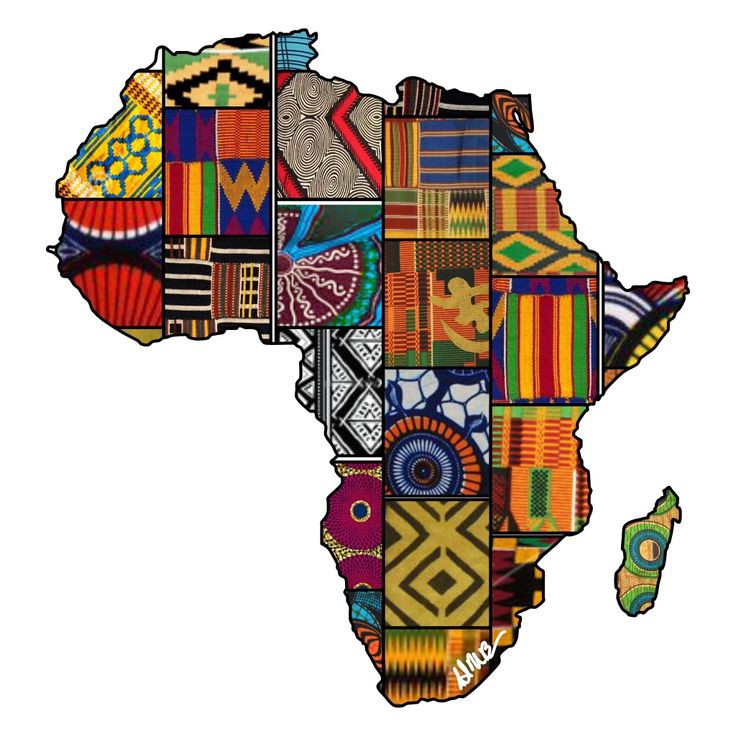


By Olakunle Agboola – One of the major problems tormenting the continent is the unstable and opaque political environment. Most African countries are yet to establish fully-functioning and transparent governmental structures, having gone through two liberation stages. First, breaking free from Europe’s colonisation policies. Then followed local and military dictatorships that a lot of African countries are just coming out of it. Now, is the battle to establish democratic governments to rule in the long term.
A lot of African countries are struggling to have a proper democratic government that will harness the potential of the citizens so that they can able to contribute their own quota to the development of their country. It has been a battle of fighting corruption with roots deep in both public and private structures in most African countries due to weak democratic foundations.
Nigeria, which is perceived as the giant of Africa is currently waging war against corruption with Nigerian youths clamouring for a change to end corruption, police brutality and bad governance. This is the first of its kind through endsars protest in Nigeria where youths will gather and speak in one voice to take back their country from the hands of corrupt leaders and forcefully put Nigeria on a global map of development.
Corruption aside, unemployment posses a major threat to the development and future of Africa. Although, the average unemployment rate for the continent is 6.1%, there are countries like South Africa and Botswana where figures hit 27% and 17.9% respectively, according to data from the World Bank. More concerning still is that youth unemployment on the continent is set to exceed 35% by the year 2021, according to the International Labour Organization.
Tackling both corruption and unemployment ought be a top agenda for many African countries and that will only happened if leaders with vision, ethical and moral value will be allowed in the political pool of change. The major obstacles for Africa growth has always been leadership and it is time Africa looks inward to turn things around and capitalise on its potential.
Africa won’t survive without technology, which is the greatest tool for building resilient business models that can help satisfy the continent’s unmet needs. Kenya is one of the countries to spot the benefits of blockchain and its abilities to streamline niche sectors like digital payments, governance structures, and agrotech. Factors such as the high literacy rate, good infrastructure, connectivity and better business climate have helped the country establish itself as Africa’s leading block chain innovation hub.
Kenya paved the way for mobile money transfer services with the local M-PESA, a company that was key to solving the problem of sending money to people without a bank account. This was followed by other start-ups such as Paga, a mobile payment company, based in Nigeria, focused on tackling the population’s lack of access to basic financial services.
In 2014, more than 66% of African adults didn’t have a bank account. Thanks to companies like Paga, that managed to sign up more than eight million users in less than ten years and currently processes over $2 billion in payments, the number of unbanked citizens has dropped dramatically.
Other companies like Dala and Wala have also adopted the mission of making financial services accessible to more people. By running block chain-based solutions, they have helped many Africans transfer and receive money without being charged for it. The results are staggering – today, Africa has more than 120 million active mobile money accounts. This remarkable progress is projected to add more than $300 billion to the continent’s GDP by 2025.
Taking it a step further, the Uganda-based Fundibots focuses on improving technical education among young students by bringing robots into classrooms. For young professionals, there are high-tech companies like Andela, who recruit African developers, train them and connect them with employers from all around the world.
A walk around capital cities of Nigeria, Kenya, South Africa, Angola, and others, will put a stamp on the discourse that Africa is rising at a significant rate. The crane-filled skylines, construction of road networks and railway lines, multi-million dollar mansions and business malls erupting across major towns and cities, and growing technologies are just but a few indications of the continent’s ascent to prosperity.
Kindly follow us on twitter:@AfricanVoice2










